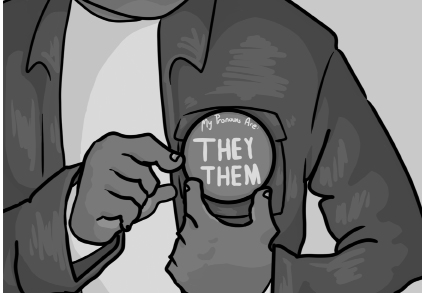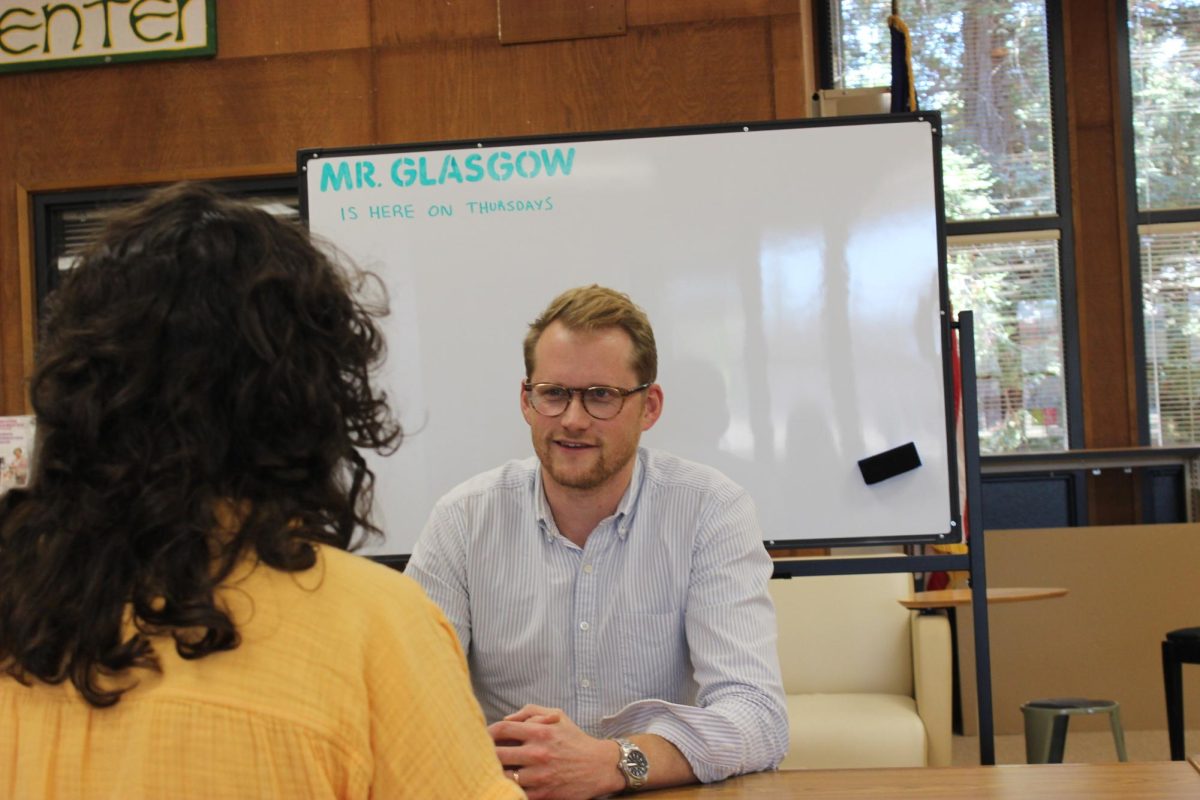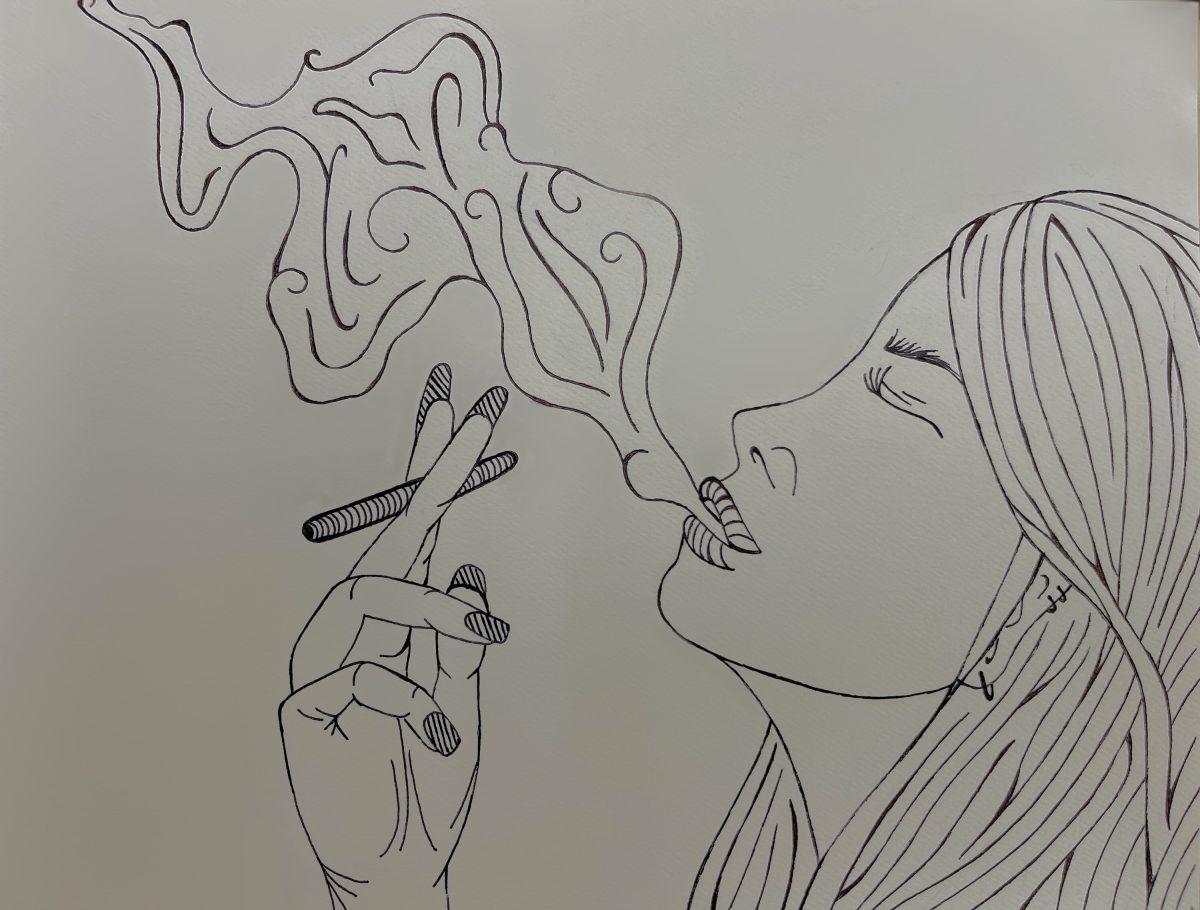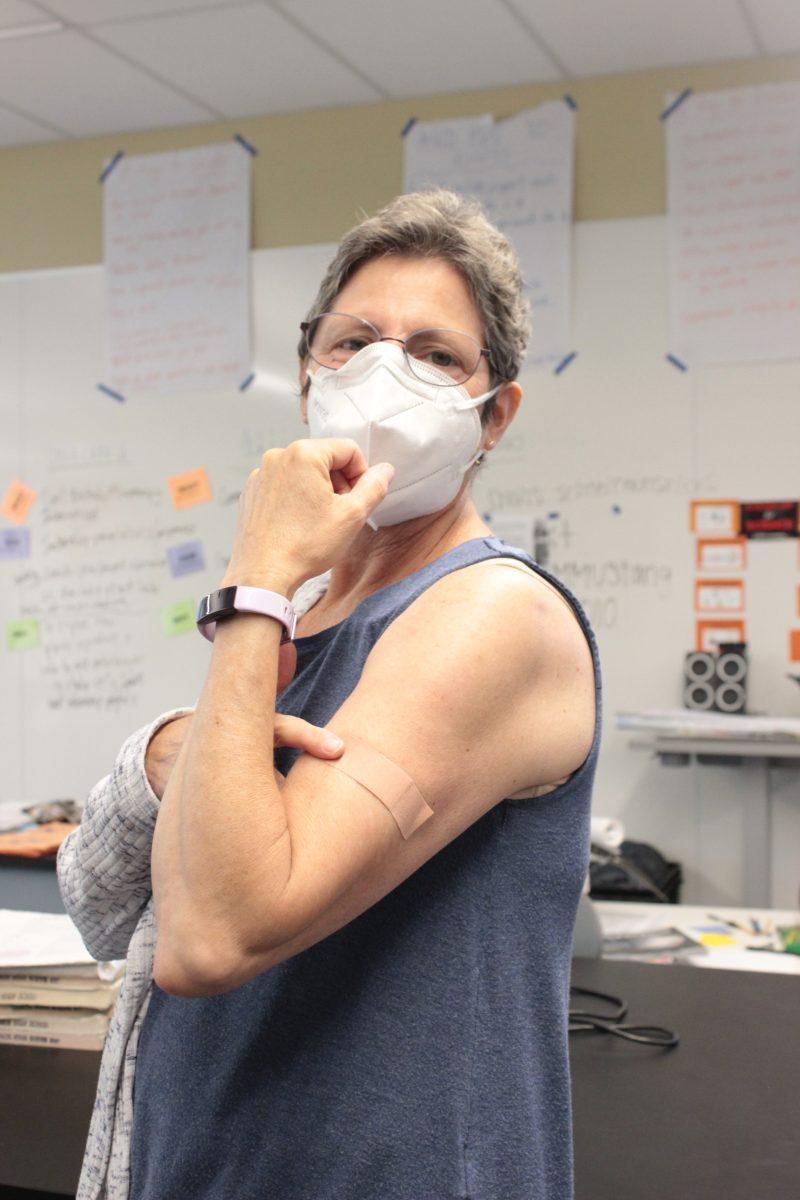
With the expanding discussion surrounding gender identity, there has been a push for talking about proper pronoun usage. People are encouraged to ask for someone’s pronouns, but some may be uncomfortable with asking or being asked and some may not care to ask for someone’s pronouns at all. The easiest solution to these problems, as well as the normalization of sharing pronouns are pronoun pins, which is something San Marin’s Gay Straight Alliance club is hoping to employ.
Pronoun pins are a quick way to check someone’s pronouns without causing discomfort; this is especially beneficial to trans and gender non-conforming people that don’t meet the societal expectation for their preferred pronouns. I didn’t conform to the societal expectations of a boy when I was younger. I was short, had a high pitched voice, and had soft features, so I know how it feels to be misgendered. It’s incredibly distressing and embarrassing. Every time someone used incorrect pronouns for me, I wondered, “Is it really worth it to correct them? Is it worth it to expend the extra energy?” It becomes exhausting and demoralizing, especially when misgendering happens daily, like it does to most gender non-conforming people. It fools you into believing that you will never truly be seen as your gender. Each time you talk to someone new, you can’t help but think, “Will they use the right pronouns?” It becomes something your brain doesn’t let you stop worrying about. As effective as pronoun pins theoretically will be, there is a slight issue surrounding them: almost all people need to use them in order for them to be effective.
If solely gender non-conforming people use pronoun pins, it becomes a visual marker to their gender identity. This is dangerous as it sticks a blaring red target on their backs. These pins would then inversely quickly identify who is and isn’t cis-gender (identifying with their gender assigned at birth), therefore making it easier for groups looking to specifically attack LGBT+ people. This is why it’s important that all staff and students use pronoun pins, to both show support for the LGBT+ community and destigmatize the usage of pronouns.
























